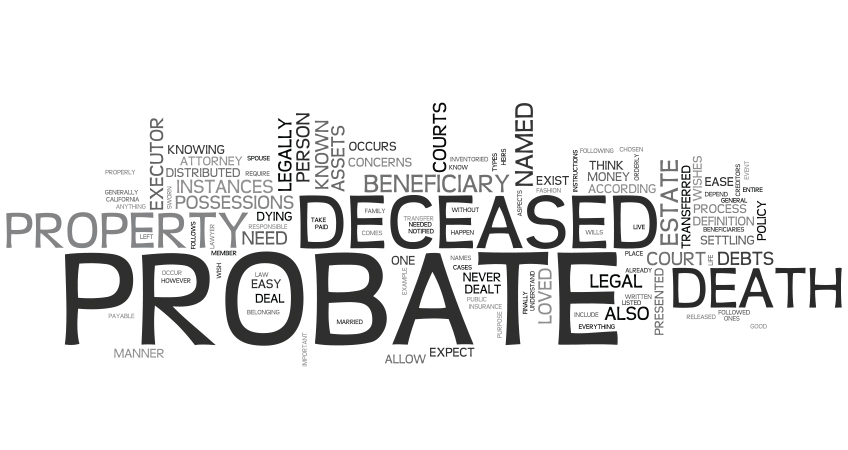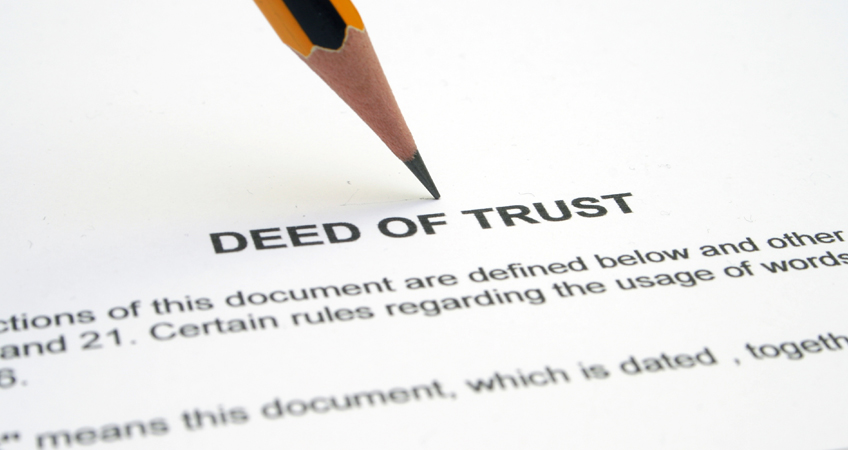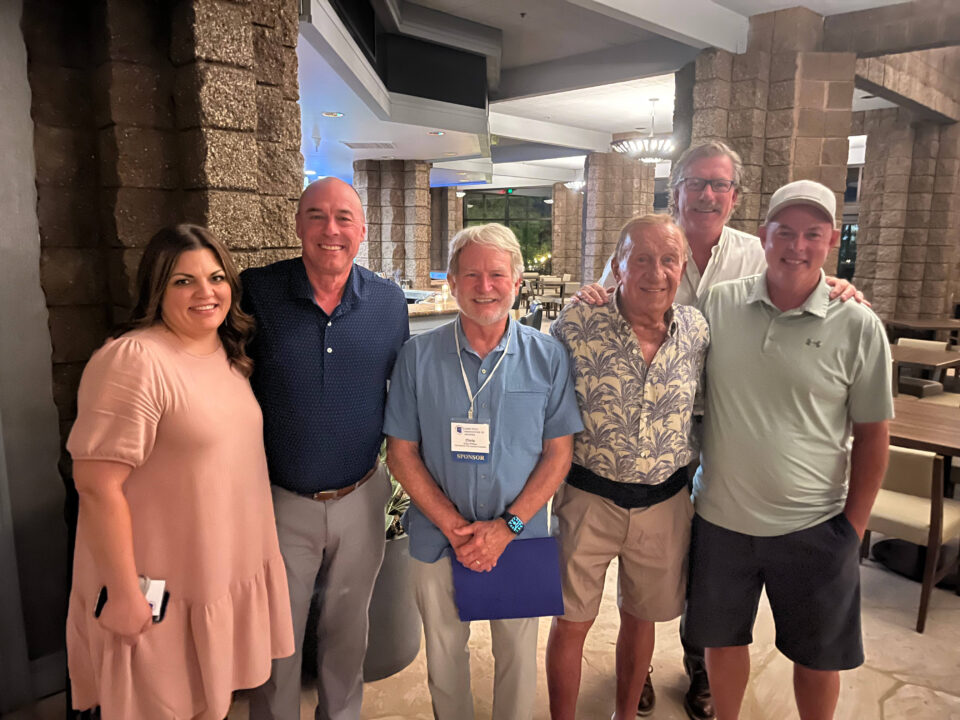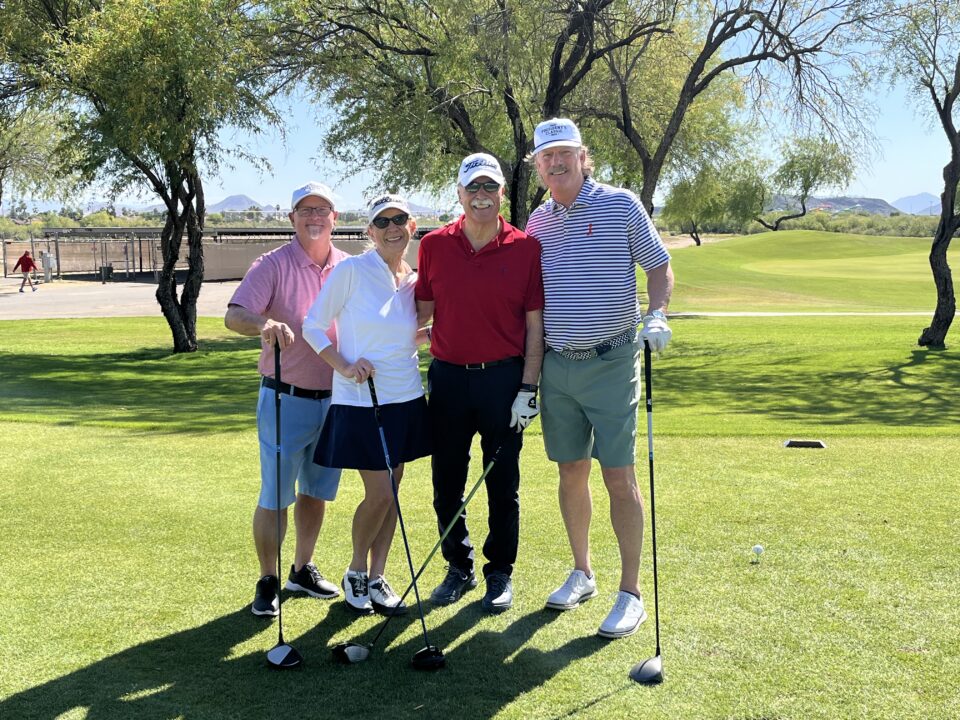
Underwriting Q&A: Does a judgement lien acquired before bankruptcy that is subsequently discharged in bankruptcy become a lien on property acquired after discharge? (FL)
December 10, 2020
UNDERWRITING Q&A: I have a Colorado property wherein the property owner is deceased. The owner did not live in Colorado and the owner’s probate is being administered in another state. Is an ancillary probate proceeding going to have to be opened in Colorado to deal with the Colorado property? (CO)
December 10, 2020A. Yes. A certification of trust statement from a trustee pursuant to A.R.S. 14-11013. The statute states that in lieu of furnishing a copy of the trust instrument to a person (other than a beneficiary of the trust) the trustee may furnish a certification of trust that contains specific information about the trust. The certification must state a) that the trust currently exists and the date that the trust was executed, b) the identity of the trust settlor, c) the identity and address of the trustee currently acting, d) the powers of the trustee, e) whether the trust is revocable or irrevocable and the identity of any person holding the power to revoke the trust, f) the authority of co-trustees to sign or otherwise authenticate and whether all or less than all trustees must join to exercise the powers of the trustee, g) the manner of taking title to trust property, and h) a statement that the trust has not been revoked, modified or amended in any manner that would cause the representations in the certification of trust to be incorrect.
The certification of trust may be signed or otherwise authenticated by any trustee. We recommend that it be acknowledged by jurat. The statute protects any person (title entity in our case) who acts in reliance upon a certification of trust without having knowledge that the statements in the certification are incorrect.
As always, feel free to reach out to your FNTI underwriter for questions about real property owned by a trust.




